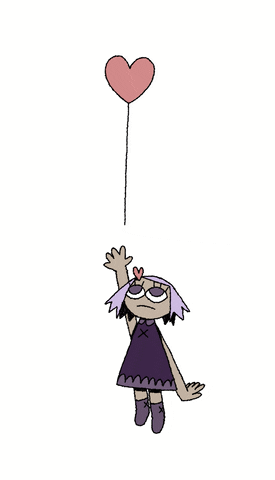Loneliness can get extremely difficult to deal with. It is a gnawing feeling that could consume you. As humans, we are meant to be social animals, but due to factors both internal and external, somehow loneliness can seep into our lives. It is a human emotion that is completely unique to each individual. There is no one such particular thing that causes loneliness. A teenage boy could be feeling lonely because of not being able to make friends at school but an old lady could be feeling lonely as her husband passed away, while someone else might feel lonely even when sitting in a room full of people because he/she can’t feel an emotional connection—and this is exactly why treatment and prevention for a piercing state of mind like this one varies from person to person.
But how many of us truly understand what loneliness is, why do we feel that way, how to deal with it and so much more? Because when someone tells me they’re feeling lonely, I feel incapable of helping them out with a concrete solution. You don’t want anybody to feel like they’re alone and they have nobody, but without any solid knowledge on how to deal with it, you tend to go for the more temporary solutions like taking them out for a cup of coffee or calling them over to watch a movie. I wasn’t quite sure how helpful that might be which is why I asked Harsheen K. Arora, a psychologist to help me out with some of the most common questions people have about loneliness. And here’s what she said.

Why do people feel lonely?
It is believed, that human beings are social animals; thus social connection is a fundamental need important for their survival and wellbeing. Loneliness is when a person feels that they are emotionally and socially disconnected from others. It is a feeling that one might feel despite being surrounded by people. Most of us have experienced loneliness of varying degrees at some point. How many times have you been looking your best and surrounded by people at a lovely party and yet felt lonely? This happens because one feels a lack of a meaningful emotional connection.
Loneliness may also arise from one being unable to form new connections or loss of connection to others.
One may be unable to form and maintain new connections because of several reasons including social anxiety, lack of social skills, low self-esteem, issues with trust, shyness, situational issues, to name a few.

What type of people are most likely to experience loneliness?
Loneliness is subjective and maybe temporary, triggered by certain situations or events in life. For instance, loss of a partner, transitioning to a new city, workplace or a new phase in life. However, for some loneliness might be a more permanent feeling.
Loneliness may stem from a person having unrealistic expectations from themselves, and others. Hence, making them feel that they are never enough for others, or vice versa. Research also shows that people who have had either a lack of or difficulty forming strong emotional bonds and developing trust and affection early on in their life might be more prone to experiencing ongoing loneliness.
Certain styles of thinking and problem solving, one’s perception and beliefs about the world, other people’s behaviour and causes of events may contribute to, one experiencing loneliness.
How can one deal with loneliness in a healthy way?
The first step is to take out time and make an effort to understand the reasons behind, one experiencing loneliness. Once the reasons are understood, one can take positive steps toward resolving those issues.
Forming a connection with your own self first will help one feel comfortable in their own company and enjoy solitude. This can be done by focusing on one’s needs and being honest with one’s self about their feelings.
Once we make time to understand ourselves better i.e our likes and dislikes, our wants and needs—we are better equipped to build healthier interactions and relationships making them more meaningful than not. This also helps us form boundaries with others and communicate to them with honesty and assertiveness. As one accepts themselves it becomes easier for them to express their feelings more openly and honestly.

What can one do themselves to combat this feeling?
Learning communication and social skills may also help in taking the next step and initiating conversations which might lead to building new connections. Inculcating new interests and hobbies and putting oneself in new situations may also help create opportunities to form new bonds and friendships.
The idea is to first be comfortable with your own self and enjoy your own company and then seek social connections which will lead to healthy and meaningful relationships making one feel emotionally and socially connected hence overcoming loneliness.
I have to be honest, this gave me a new insight into what loneliness is actually all about—it’s more than just “feeling like you’re alone” it comes packed with a range of other emotions that don’t do any good for your mental health. And I realise conversation about mental health is integral to actually understanding it and changing mindsets about it. These conversations are what Malini’s Girl Tribe is having right now. Come join the conversation and tell us how you deal with the worries and hardships of life.

